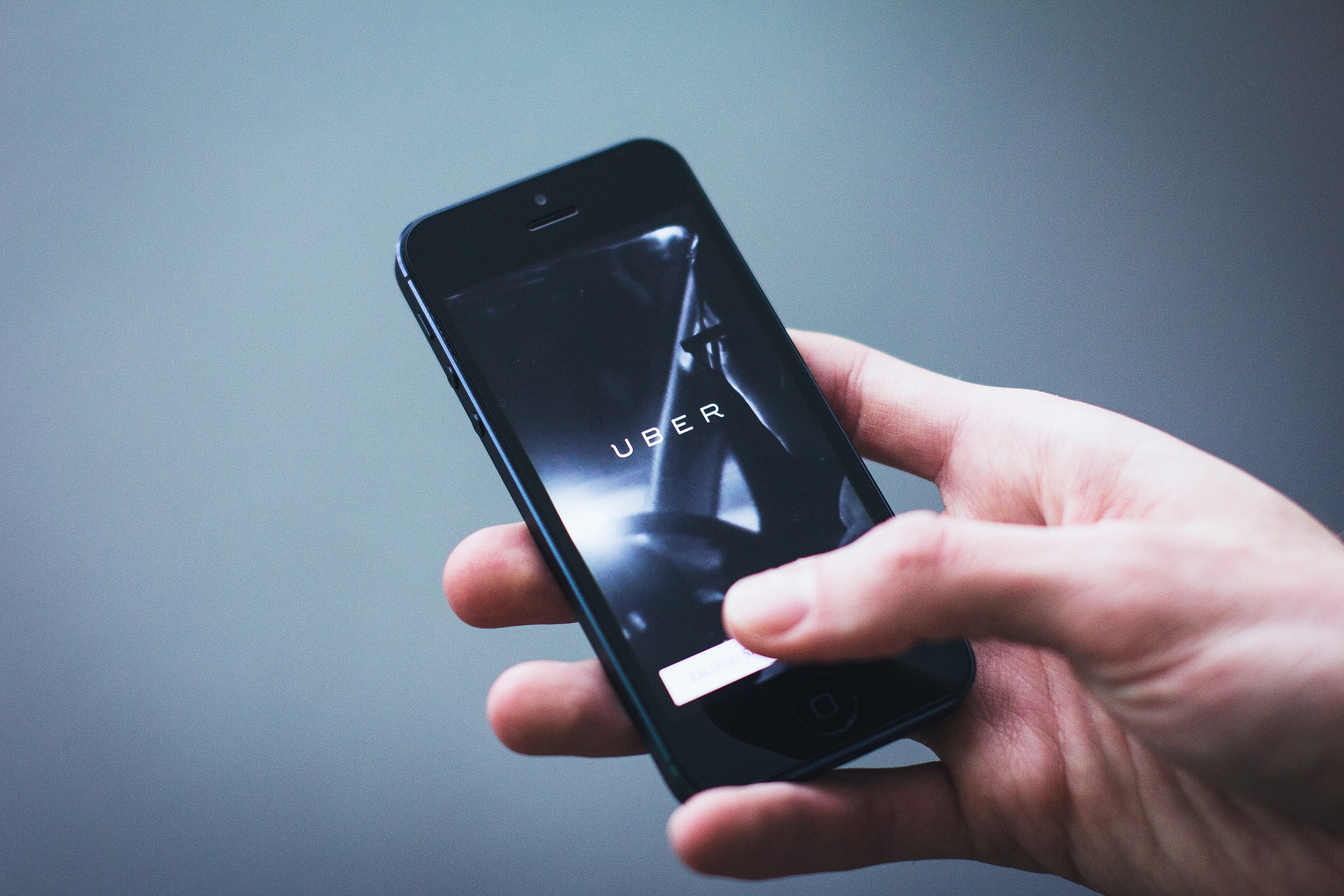

Starting an UBER business
Uber hit Port Macquarie in December 2018, and you may now be wondering if being an UBER driver is right for you. This article will help you understand what you need to do from a tax perspective.
First of all, you need to understand that regardless of whether you want to do it casually or you want to go full-steam into running your own business:
- You need to have an ABN
- You need to register for GST
- Income and related expenses are included in your personal tax return
Australian Business Number [ABN]
This is pretty straightforward. From the ATO’s perspective, you are running a business. All businesses need an ABN to trade.
You can organise this for yourself online or get your friendly Accountant help you.
Goods and Services Tax (GST)
The ATO has clarified that ride-sharing providers must register for GST regardless of the amount earned. The normal $75,000 threshold does not apply. That means that you have to lodge a Business Activity Statement (BAS) every month or quarter. The option of completing an annual BAS is not available in this instance.
In the example given by the Australian Tax Office, where you receive a fare of $55 including GST, and the facilitator (e.g. UBER) takes $11 and gives you $44, you need to report the transactions separately. Ultimately, you received $44 so you will need to remit $4 of GST to the ATO. To achieve this, you report $5 ( the GST on the $55) and claim $1 back (GST on the $11) as an expense.
Noteworthy is the requirement to be able to issue a tax receipt to customers with fares over $82.50, if requested Your receipt will need to detail the GST charged.
You can download reports from UBER which will help you with your record keeping in this regard.
Income Tax
Your UBER income and expenses will be included in your personal income tax return – in the business section. As you have declared all your GST in your BAS returns, all income and expenses included in your return will not include GST.
Income
All the income you get from your ride sharing activities needs to be included as income. UBER provides reports you should keep as a support for the income declared. This income will already have been reported to the ATO by UBER as detailed below, and you need to make sure you report it.
Expenses
You will need to apportion the expenses between private and business. Only expenses relating to the ride-share activity are allowable deductions. It is important to make sure that if your vehicle is only partly used for for transporting passengers for a fare, only that business proportion of any expense is claimed. No private expenses are allowed.
Tax payable
You may be asking yourself, what happens if I make a profit and what happens if I make a loss from my ride-sharing business?
If you make a loss, the ability to offset that against your other income requires the evaluation of some tests. These are complex and you should see your Accountant about this. Where you don’t meet the requirements, he loss is carried forward to offset against next year’s ride-sharing income.
In the case where you make a profit, it is added to your taxable income. You will need to pay the tax related to the additional income (profit).
If the additional profit is substantial, you will end up with an amount to pay at the end of the tax year. UBER does not withhold tax from your payments. Effectively, you receive from UBER untaxed income.
A couple of strategies to consider are:
- Put aside a % of income into a separate account in preparation for the tax bill
- Enter the PAYG instalment system with the ATO
Entering the PAYG instalment system means that you pay an amount of tax to the ATO every time you lodge your BAS. At the time of preparing your tax return, you get credit for the tax you have already paid.
What the tax office knows
The ATO has put in place the “Ride-Sourcing 2015/16 to 2018/19 data matching program”. This means that all the relevant information that the ride sourcing facilitator (UBER) has related to you is reported to the ATO.
This includes identification of you, your vehicle and all payments recorded. The ATO can retain this information for 5 years, and if the ATO find anything, they can go back as far as they need to.
The cautionary tale here is to make sure that you are prepared with good record keeping and that you fulfill your tax obligations.
Summary
Earning ride sharing income is really popular and many people do so quite successfully. To do it successfully however, you need to be prepared and make sure you treat it as a business, because whether you think it is or not, the ATO regards it as a business.A great first step is to get some factual and professional advice, and we would be more than happy to help. To take the first step, contact us, we would be happy to help.
Be thoughtful, be deliberate, be successful.


